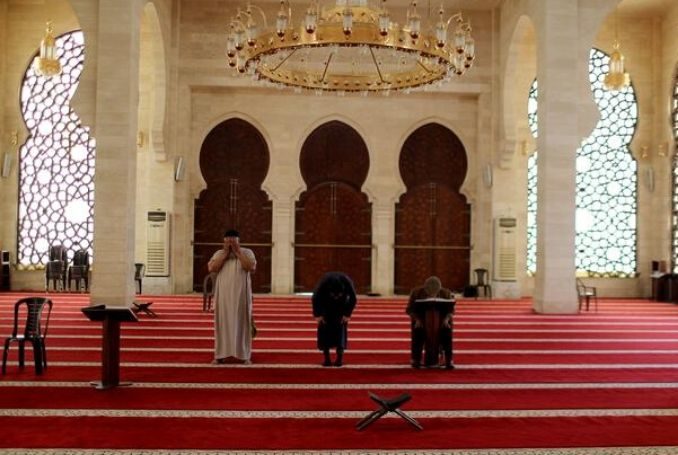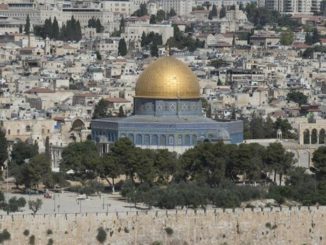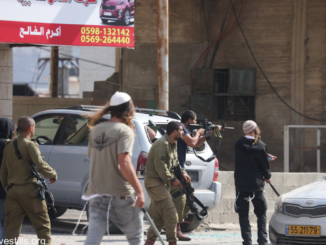
For the first time in modern history, the Al-Aqsa Mosque compound was closed to Muslim worshippers on the first day of Ramadan, the holy fasting month, due to the coronavirus pandemic.
The holy site, which normally draws tens of thousands of Muslims for the weekly Friday prayer and the evening prayers of Ramadan, was empty. Only a handful of Muslim clerics performed the weekly Friday prayer wearing face masks and respecting social distancing guidelines.
I was waiting for Ramadan to come so I could maybe get a permit and go to Jerusalem and pray in Al-Aqsa ?
Ramadan Karim everyone iA this pandemic will end soon and we’ll be reunited with our loved ones ? pic.twitter.com/Qy0Qwih4Dy
— Miral ?? (@MiralAli03) April 23, 2020
Two weeks ago, the Jerusalem Islamic Waqf Council announced an unprecedented decision to temporarily ban Muslim worshippers’ access to the Al-Aqsa Mosque, Islam’s third holiest site.
In recent years, Palestinians faced extensive restrictions to visit the Al-Aqsa Mosque compound for the holy month of Ramadan.
Prayers at Jerusalem’s al-Aqsa suspended for Ramadan via @0THELEVANTNEWS https://t.co/ApeGAKIwuL#LEVANT_NEWSPAPER #AL_AQSA #CORONAVIRUS #JERUSALEM #LEVANT #RAMADAN #THE_LEVANT_NEWS #THELEVANT
— TheLevantNewsEnglish (@thelevantnewsEN) April 16, 2020
Palestinians who got Israeli-issued permits to visit the compound were still subjected to long waits and checkpoints and searches by armed Israeli forces.
(Palestine Chronicle, WAFA, Social Media)







